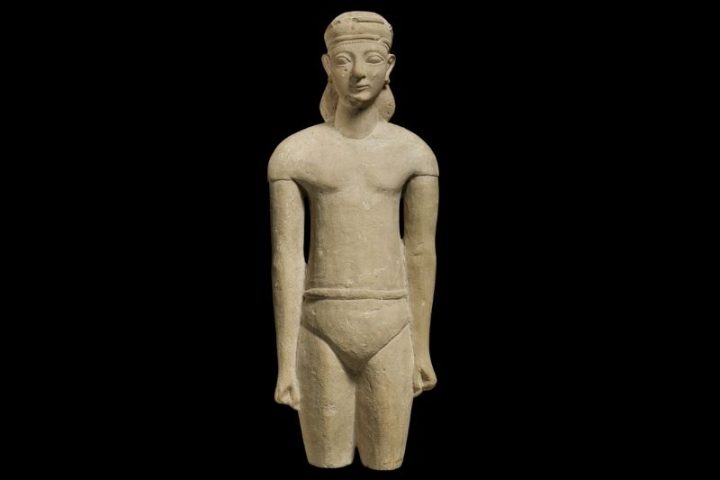Did older people in ancient times suffer from Alzheimer’s? Given that cases of dementia are on the rise in modern times, this is an intriguing question and a new study offers some answers.
Dementia, the most common form of Alzheimer’s, is not a specific disease but a term used to describe symptoms related to memory loss. It is now occurring at epidemic levels and is becoming increasingly common. In 2020, it is estimated that around 55 million people worldwide were living with dementia, and this number is projected to double every 20 years to 139 million by 2050.
But according to new research, this was not always the case. Around 2,500 years ago, Alzheimer’s disease and related dementia symptoms were extremely rare.
“There was very, very little mention of something like mild cognitive impairment in the ancient Greeks – but fortunately we managed to find them,” says Caleb Finch, first author of the new study.
“By the time we get to the Romans, we have uncovered at least four testimonies suggesting rare cases of advanced dementia; we cannot say whether it is Alzheimer’s or not. So there was an increase from the ancient Greeks to the Romans.”
Researching Greco-Roman medical texts from the 8th century BC to the 3rd century AD, Finch and his colleagues were looking for texts on memory loss and dementia. But they found nothing that could be considered similar to modern accounts.
The modern “epidemic level” of advanced dementias was not recognized among the ancient Greco-Roman elderly. In fact, the ancient Greeks and Romans expected intellectual competence in people over the age of 60.
While mild memory loss was recognized by the ancient Greeks, serious disorders that could represent Alzheimer’s were unknown. For example, ancient writings by Hippocrates and his followers documented hearing loss, dizziness and digestive problems affecting older people, but not memory loss.
Centuries later there were a handful of records in Rome, but even these were still very few compared to today. The philosophers Galen and Pliny the Elder wrote about the difficulty in learning new things and people forgetting their own names. Cicero noted that old foolishness was characteristic of irresponsible old men, but not of all old men.
To explain this marked increase in cognitive impairment, the study authors suggest that it may be a symptom of the old metropolitan life.
“The possible emergence of advanced stages [of Alzheimer’s disease and related dementias] in the Roman period may be associated with environmental factors such as air pollution and increased exposure to lead,” the researchers said.
According to Finch, lead cookware, water pipes and even leaded wines were widely used by Roman aristocrats.
As for the explosion in dementia cases we are seeing today, these findings may provide some insight, perhaps suggesting that our modern lifestyles and environment, sedentary behavior and exposure to air pollution, may be at fault, just as they were in Roman times.
Finch, C. E., & Burstein, S. M. (2024). Dementia in the Ancient Greco-Roman World Was Minimally Mentioned. Journal of Alzheimer’s Disease, (Preprint), 1-8.





